The following article is written based on our experiences with a reduced plastic lifestyle. Everything written is based on our opinions and should not be taken at more than face value. Enjoy!
We are all waking up to the global issues we are facing with the use of plastic and the drastic effects it is having on our lands and oceans. Soon there could be more plastic in the sea than fish if we don’t work to reduce the amount we are using.
Did you know you could circle the world 2.5times with the amount of plastic straws used daily?
Walk into any supermarket and you will see how much of a monumental task we face with regards to cutting our plastic addiction. Plastic wrap is used on almost all items of food, including even the option of bagging bananas and onions, items gifted to us pre-packaged by nature.
Although the thought of cutting plastic from our lives may seem like an impossible task, there are ways we can reduce our impact on the planet. Like any movement in history, it is these small steps that will snowball, leading to the avalanche that rids us of all single use plastic.
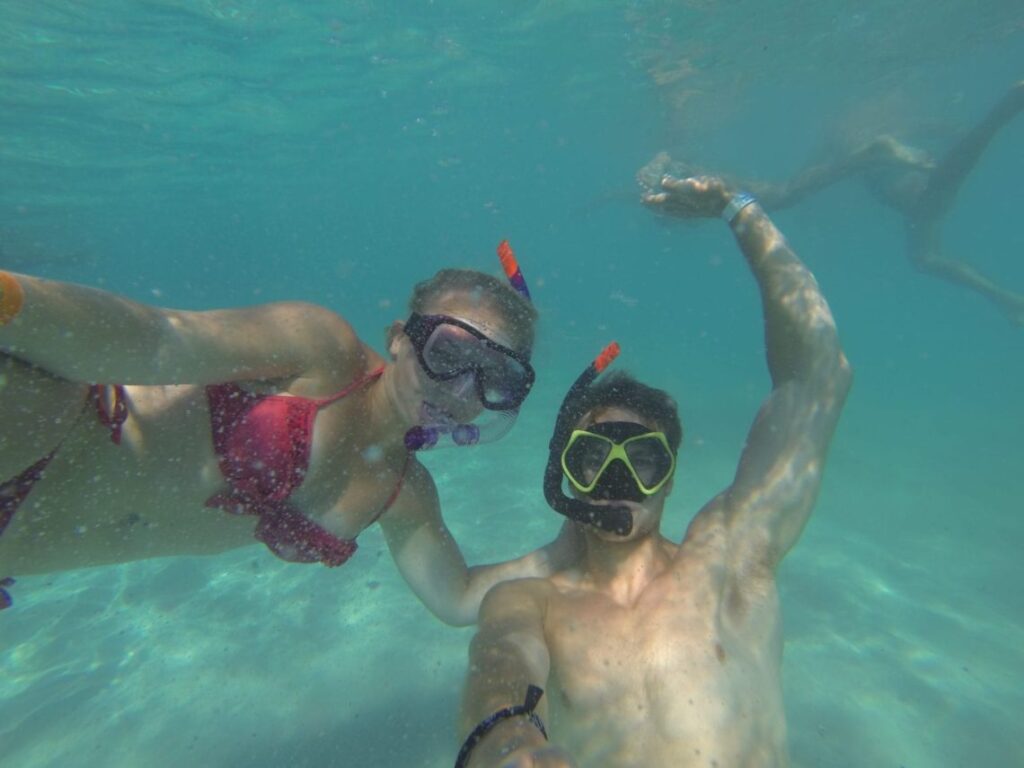
Plastic isn’t Biodegradable
Due to the chemical make-up of most man-made plastics, there is nothing in nature that can biodegrade it. Instead, this plastic breaks down overtime into smaller, toxic fragments, which take thousands of years to degrade and ultimately pollute the land and ocean.
Every single piece of plastic that has ever been used still resides somewhere on this planet.
These plastics are often mistaken by wildlife for food, which they are unable to digest. This clogs their insides and eventually kills them. Some horrific scenes I am sure most people have seen, are the videos of the turtle mistaking the plastic bag for a jelly fish or the turtle with the straw lodged up its nostril. These heart-breaking images are unfortunately the reality of what is happening in our oceans.
Small Simple Swaps
Giving up plastic can be an overwhelming thought considering we use it so much without even realising it throughout our day. (Did you know that even chewing gum is made out of tiny pieces of plastic?!). However, reusing what we purchase and making small simple swaps are the first steps to making a positive change to this global issue.
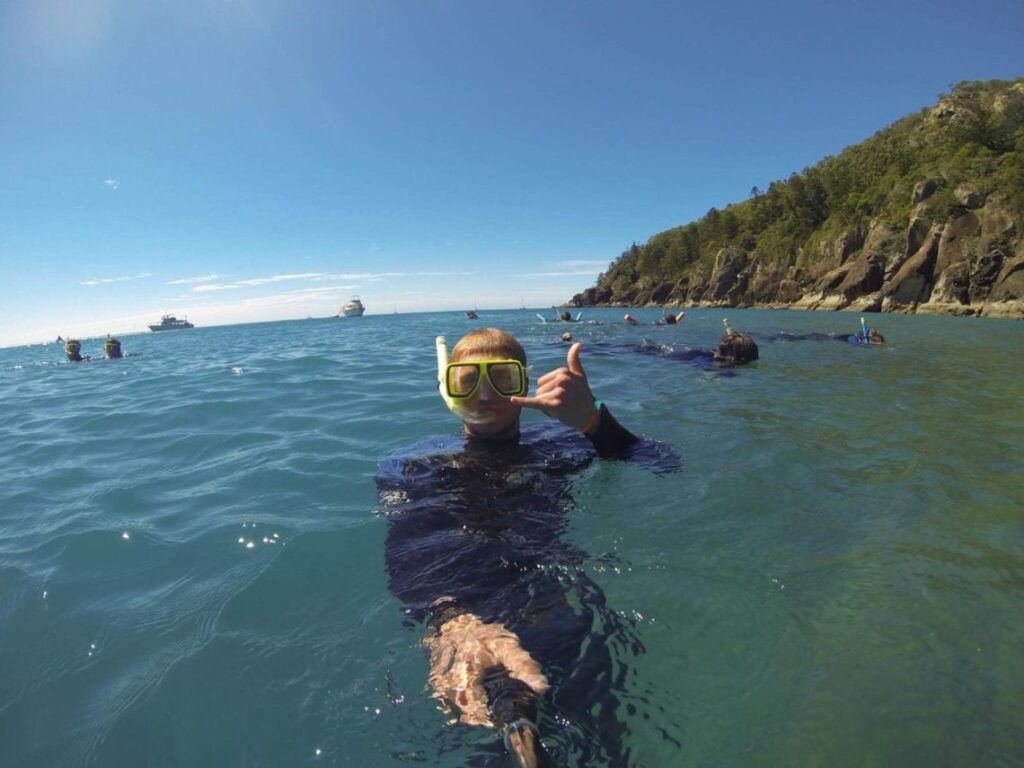
Reduce | Reuse | Recycle
The three actions we are guided to take in order to reduce the amount of waste generated by our plastic addiction. These are ordered by priority, the best option obviously being to not buy plastic in the first place. By replacing plastic with alternatives where possible, reusing the items that cannot be replaced and appropriately disposing of the items you can no longer use at a recycling centre, we can reduce the impact our addiction is having on this beautiful planet.
Reduce
When you buy an item, consider the materials it consists of, if there is less plastic waste in circulation then there is less for us to reuse and recycle. Alternatives can be anything from other man-made materials such metal to natural substitutes like wood.
The item itself is only half the battle. How many times have you purchased a new gadget, only to find it mummified in an ungodly amount of packaging. By considering what items are wrapped in and by letting companies know we are concerned about the packaging and are using alternatives, we can start to fight the corporate obsession with plastic.
Producing recycled materials uses an enormous amount of energy and resources. In addition to this plastic bottles can only be recycled 6-8 times before the fibres become too short to be reused. Although this means the plastic in circulation can be reduced by up to 80%, it still means new plastic is entering circulation and ultimately ending its life in land fill.
Metal Reusable Straw
Say no to a plastic straw unless you absolutely need one. I purchased a metal reusable straw and cleaner from Keep Cup and take it out with me everywhere I go.
Moon Cup and Reusable Sanitary Towels
A plastic free period is the way to go. This simple swap will save on a lot of single use plastic and save you a lot of money.
Drink Loose Leaf Tea
Even most teabags are made with plastic! Try drinking loose leaf tea or Tea Pigs tea bags, which are now biodegradable and their packaging is now all plastic free.
Toiletries
Companies are starting to get on board with reducing plastic use and many are producing shampoo, conditioner and even deodorant bars. These are really easy to use and although may seem expensive at the time actually will last a long time.
Avoid Non-Recyclable Paper Plates, Cups and Cutlery
A large amount of waste comes from these disposable items. Buy some reusable ones and it will save you money going forward. Ask for wooden cutlery or paper straws when out and about, or carry your own reusable to enjoy a guilt free snack.
Reuse
Reusing items we already own, whether we reuse it for ourselves or other people reuse it is essential in the waste hierarchy. If you reuse an old item just 10 times, you have reduced the amount of waste from that item to just 10%!
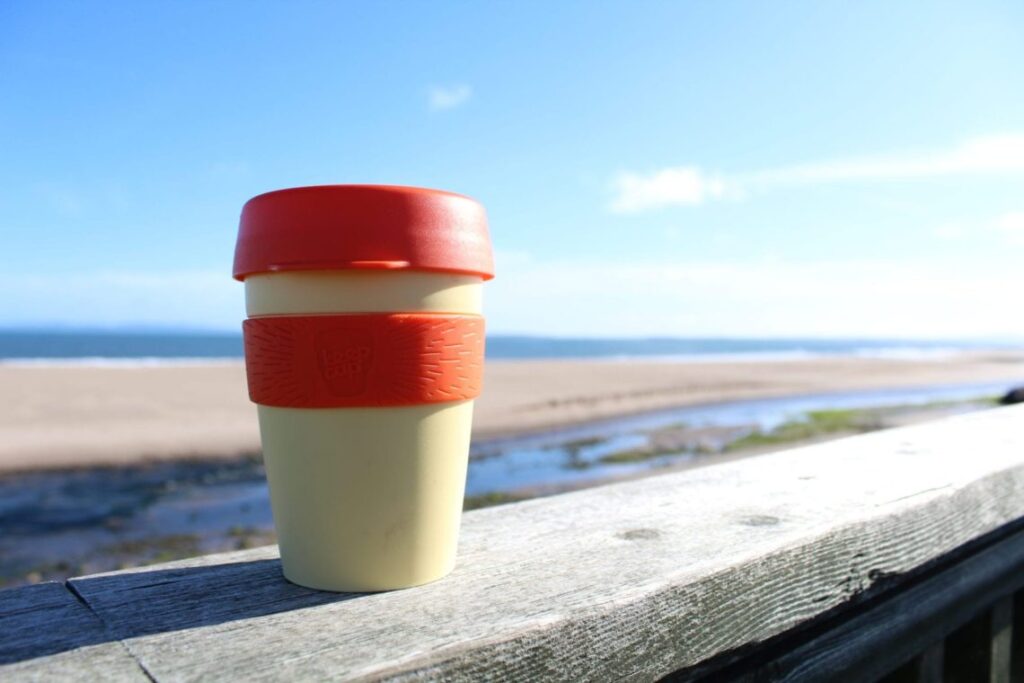
Old Items
Any old items you have there will be someone somewhere that could make use of it. Clothes, books or any gadgets you don’t want anymore can be given to the homeless, schools, a charity shop or even sold at a car boot sale.
Old Jars
Clean out an old jar and you can use it to store any kitchen items or food. These can even be used to store any loose items you have lying around.
Tupperware
The preferable option to plastic Tupperware would be glass however this can be a heavy and expensive option. Some tips we have learned to prolong the life of our Tupperware is to avoid eating out of it as this scratches the surface and causes staining. Some supermarkets are introducing a reduced plastic service at their delicatessen counters and are suggesting that people bring their own Tupperware to put their food in providing this doesn’t cross the counter
Reusable Water Bottle
Apart from being a massive money saver, plastic bottles are easily one of the biggest environmental offenders. There are so many nice bottles to choose from in the shops that we don’t need to be buying a new plastic bottle of water every day.
Mesh Bags
Have you ever gone to the supermarket, stopped for a second and looked at just how much plastic waste there is? It’s quite scary and overwhelming. Thankfully some shops are aiming to make a change to this. Instead of buying your veg in a plastic packet, how about buying it loose? Instead of using one of the plastic single use bags to keep it together how about purchasing some mesh reusable bags? For a small cost, you will be making a big difference every time you do your shopping. These aren’t only useful for doing your shopping, they can be used for so many other things.
Reusable Hot Drink Cup
Companies are now rewarding us for using a reusable cup when we get a takeaway hot drink. We have purchased one from Keep Cup which have a great selection to choose from and you can even design your own to suit your choice.
Reusable Carrier Bag
Buying a 10p bag every time you go shopping will add up in the long run. Purchase a reusable carrier bag and get into the habit of taking it out with you.
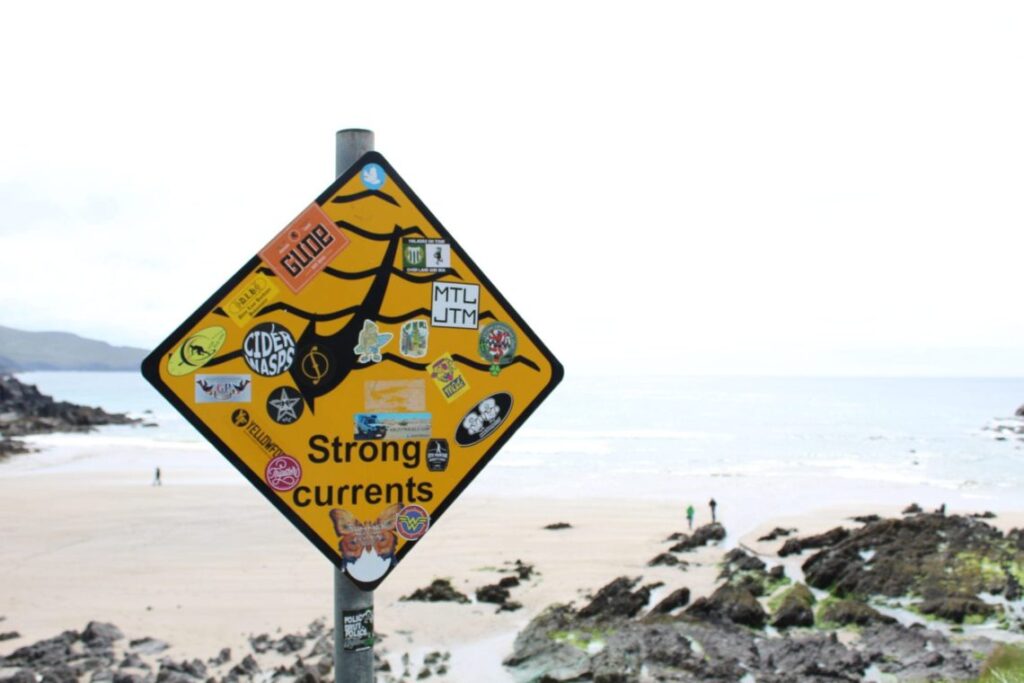
Recycle
Recycling plastic is definitely much more preferable than throwing it in the bin. As I said before, by recycling plastics we can reduce the amount of plastic in circulation drastically.
Recyclable Food Packaging
There are times when we have to buy packaged foods and there is nothing more annoying than putting packaging in the bin when it isn’t recyclable. If we have no option but to purchase packaged food, we look out for that packaging that can at least be recycled. An example of this is a bag of pasta, opt for a box instead.
Beach Cleans
If you are interested in doing a bit extra to help, check out Sea Shepherd for their beach cleans above and below water. They have planned group cleans around the UK saving our sea life every day.
2minute beach clean is another app inspiring people to spend 2 minutes of their day collecting rubbish from the beach, being mindful of what they are picking up.
Or you can take this matter into your own hands and every time you go onto a beach leave with a piece of litter and knowing that you’ve done your bit to help.
You can contribute to positive change, no one is perfect and we’re not all going to be able to go plastic free in a day. Just being mindful and making small simple swaps to support our planet is a good start. All we can do is our best and if everyone does their own wee bit, that will make a change.

I hope this has inspired you to reduce your plastic use in any way. If you have any other simple swap ideas for me to try, please let me know!
This article may contain affiliate links that provide us with a small income. For more information read our Affiliate page.
Pin it for later!
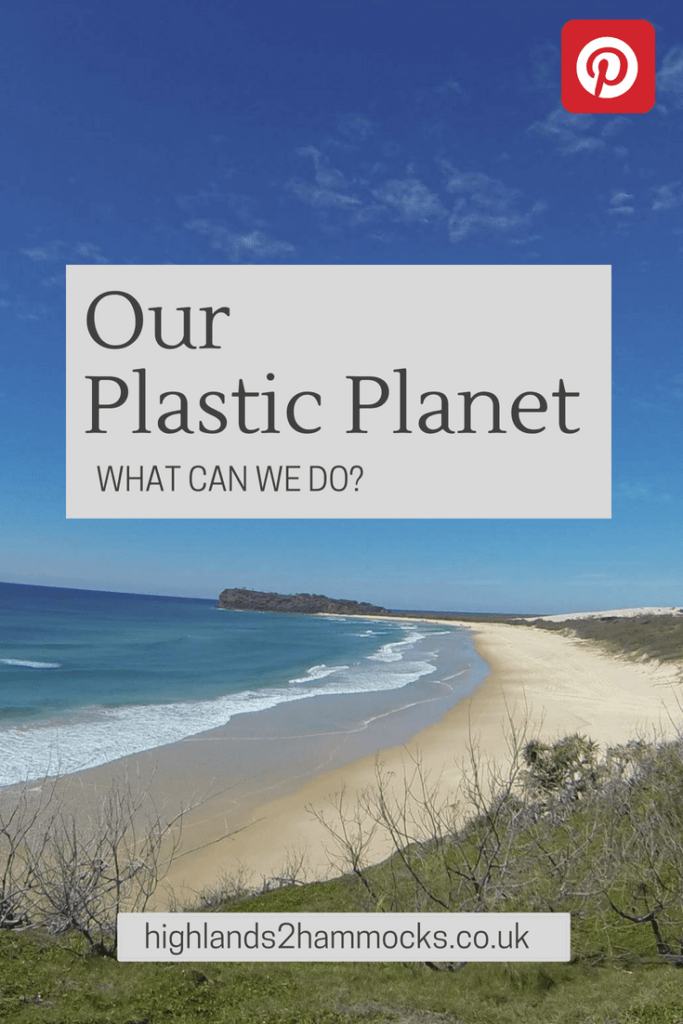
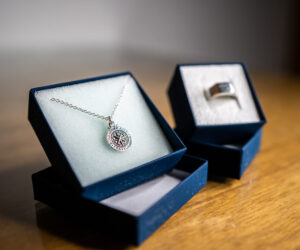
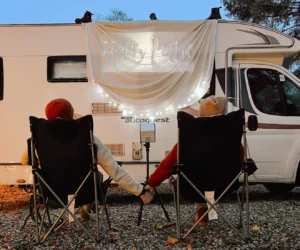

I love this post! I’m absolutely sick of all the plastic I see and the litter that people leave. I’m always trying to educate people on alternatives and ways to reduce our waste. I’ll definitely be checking out Sea Shepherd, as that is something I’m interested in doing. Thanks for sharing.
I completely agree, it’s not nice to look at as well as the fact it can harm animals. Thank you so much for your comment.
I saw the idea of a pasta straw recently and loved the idea, surely it can’t be any more / less expensive than a plastic one and afterwards, you could boil and eat it if you really wanted to! HAHA
Great post!
Shevy
http://moonsomnia.com
#BloggerClan
Exactly! The price of them will only be dictated by the demand, which is why we all need to make sure plastic demand is non-existent 😀
Great post! I really like the idea of the metal straw, although most of the times you probably won’t really need a straw anyway. I have been looking to reduce my everyday plastic consumption for a while now and I will definitely try to implement some of the ideas you shared into my everyday routine.
Thanks for sharing!
Thank you Kat! It is not an easy task, however we just need to do what we can, when we can. Best of luck and let us know how you get on!
Pingback: On-the-Go Plastic Consumption: How Can We Reduce It? | highlands2hammocks
Pingback: WatertoGo vs Lifestraw - Best Filtered Water Bottle for Travel | highlands2hammocks
Pingback: One Planet: A Guide to Responsible Travel | highlands2hammocks